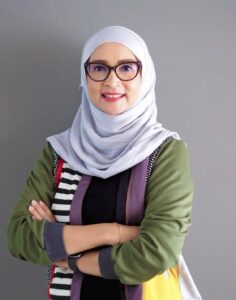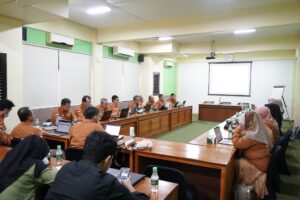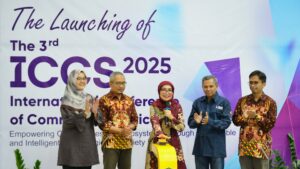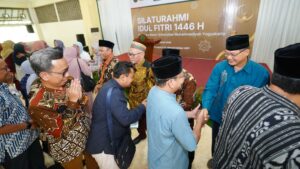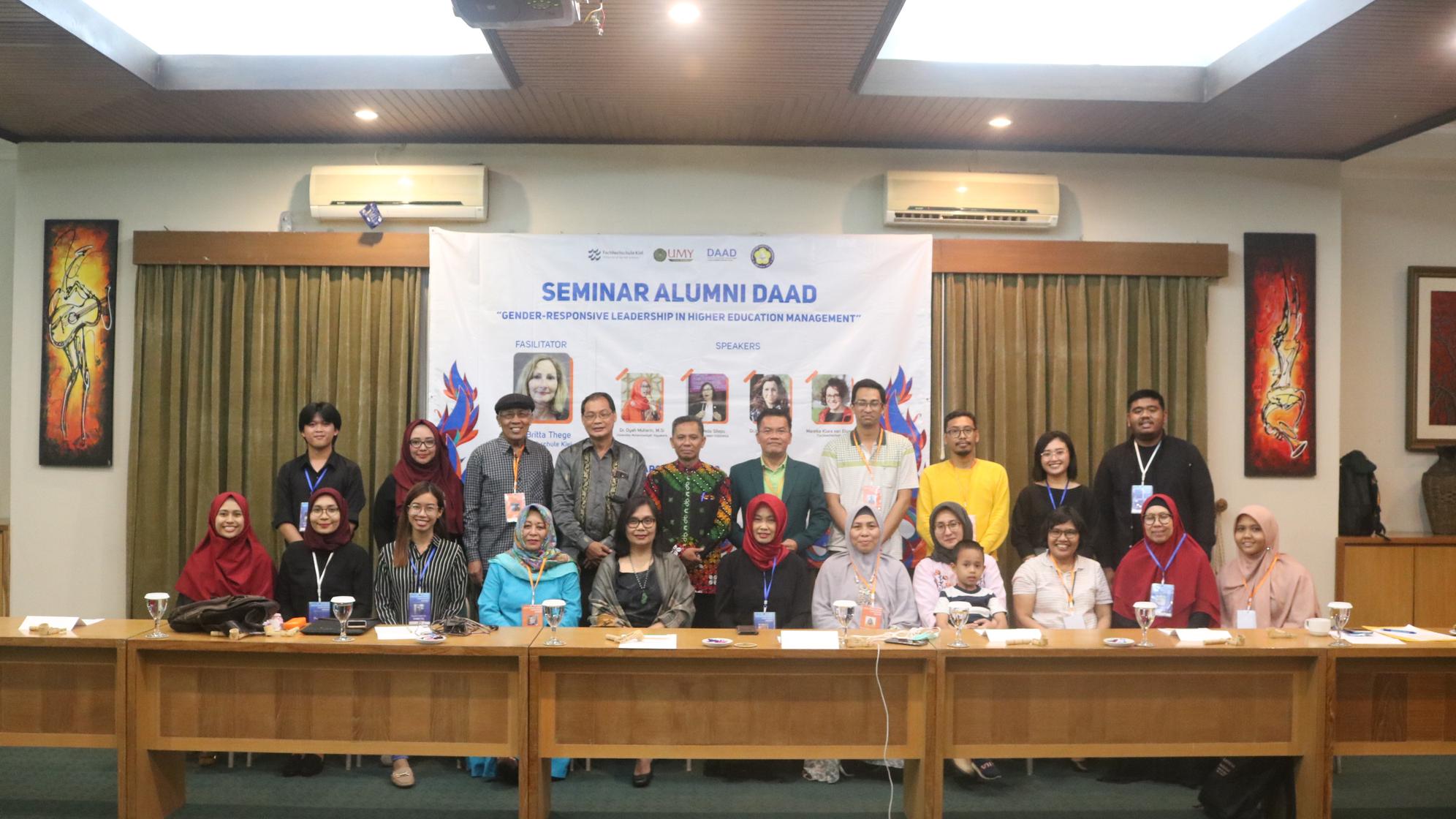
The realization of gender-responsive leadership in various sectors in Indonesia still faces problems. One of them is in the education sector, which can be seen in gender disparities in various levels of leadership in tertiary institutions. The low number of women who occupy the top leadership in tertiary institutions proves that the representation of women’s voice in policy-making in tertiary institutions is still low.
In response to this, Universitas Muhammadiyah Yogyakarta (UMY), in collaboration with The German Academic Exchange Program (DAAD) of Indonesia, the University of Applied Science Kiel and the Christian University of Indonesia (UKI), held a Workshop and Seminar for DAAD Alumni with the theme Gender-Responsive Leadership in Higher Education Management, from 15 to 19 March 2020 at Kalyana Resort Kaliurang, Sleman.
The UMY Vice-Rector of Cooperation and International Affairs, Prof. Dr. Achmad Nurmandi, M.Sc,., States his supports for the equality movement. One of them is by encouraging Women to fill strategic positions in universities.
“Women’s leadership needs to be encouraged in tertiary institutions so that women are able to be equal to men in top positions in tertiary institutions,” he said when interviewed on the sidelines of the event on Wednesday (18/3).
Meanwhile, the Head of the UMY Research, Publications and Community Service (LP3M) Division Dr. Dyah Mutiarin, M.Sc, added women’s leadership in tertiary institutions requires intervention from the political will of top management which at this time is still dominated by men. Data in Indonesia, in general, shows that the number of female lecturers is still lower than the number of male lecturers, which is the same as in leadership in various positions and in academic careers.
“At this time, there are various obstacles for women in leadership. First, women are culturally more likely to withdraw from nominations. Plus, with many women assuming the main task of women is domestic work, anything that is outside it is feared to disrupt the course of the family.”
“Secondly, there are structural obstacles that certain positions are considered better if occupied by men. Both developed countries like Germany and developing countries like Indonesia still experience gender disparities in tertiary institutions, “said the lecturer who is often called Arin.
As one of the panellists of the event, Arin also explained the efforts would continue to be carried out through reinforcement, training, and workshops in the leadership of women, one of which was done by the DAAD Alumni together with UMY and UKI. So, through these various reinforcements, sense of Gender Equality Awareness for women and men will be realized so that leadership in higher education will be gender-responsive.
“To realize this gender awareness, we need an environment where women’s leadership can be accepted among men because basically both women and men in leadership both have the same opportunities,” concluded Arin.

